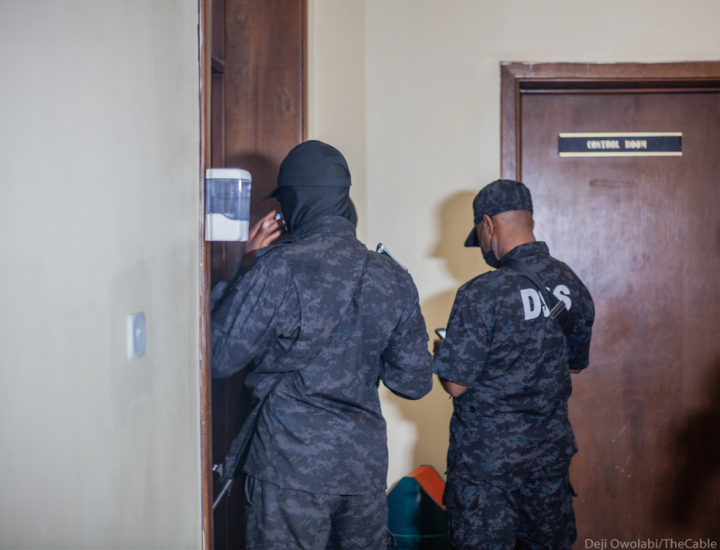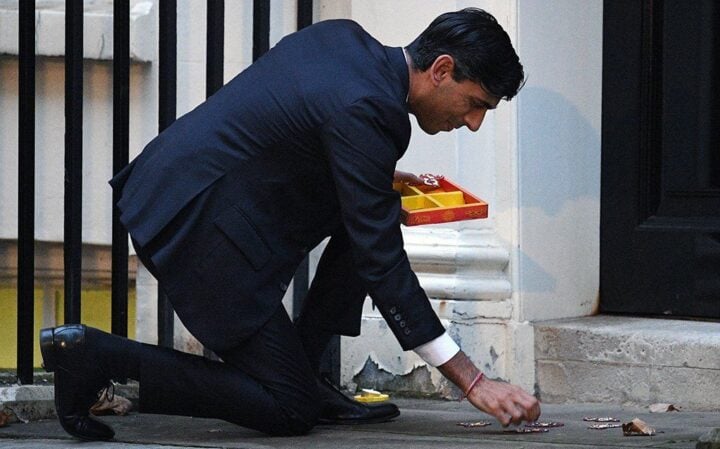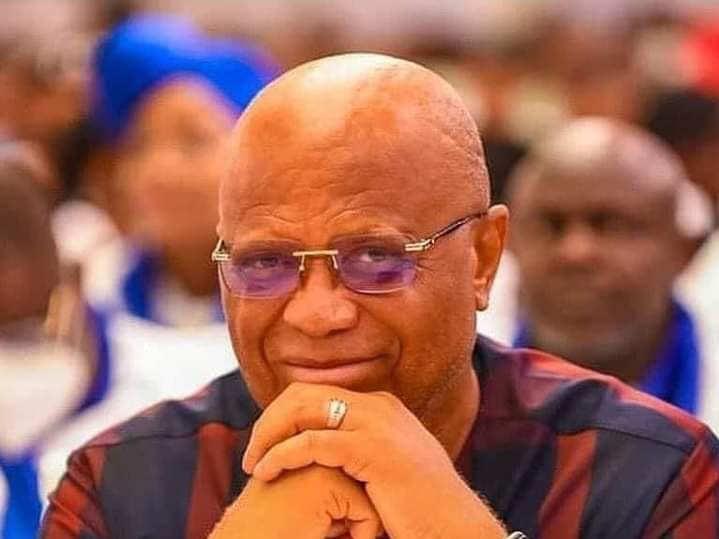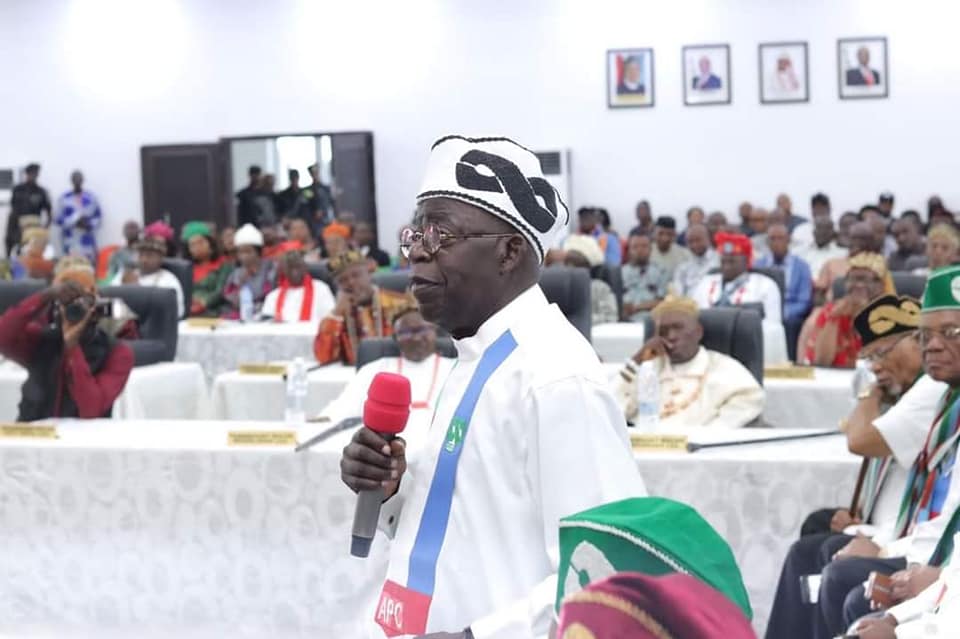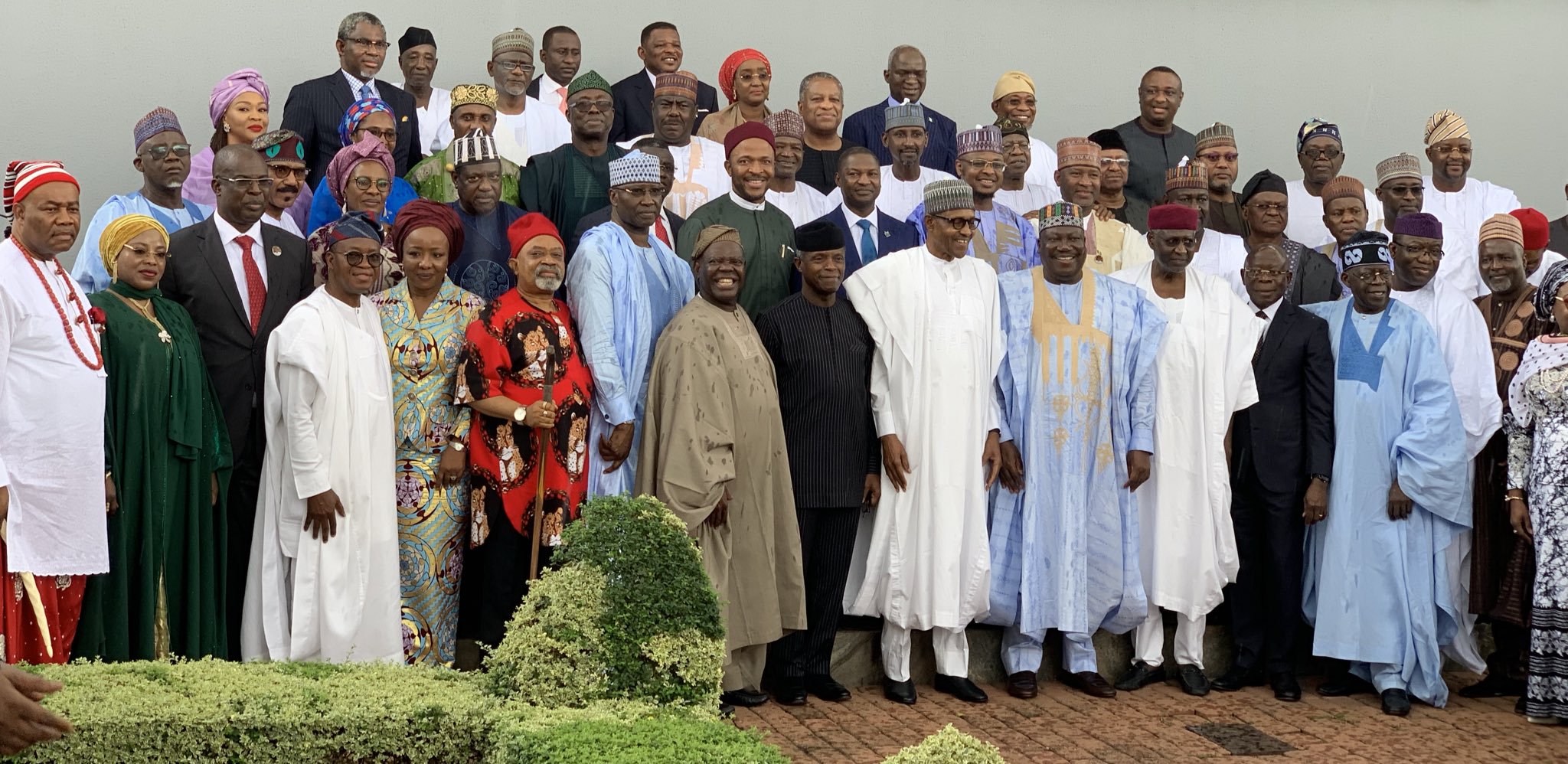Agba o ni tan l’orile, by the special grace of Allah. But for the timely intervention of Nigeria’s ageless gift to the world, Prof Wole Soyinka, Oxford and Cambridge universities and other sympathetic establishments in and outside of the UK would have been relentless with everything possible to dim the rising star of the enterprising creative genius and novelist, Onyeka Nwelue, who, many hail as a professor.
Treasured by both institutions obviously on account of the strength of his literary productivity, Nwelue had been a visiting scholar to both Oxford and Cambridge. Suddenly, some bubble exploded. Nnwelue wasn’t a professor after all. So he had to be pressured to disengage from being an academic visitor to the two universities. The excuse: Onwelue wasn’t a professor, and so a ‘big lie’ had been uncovered. But the guy never claimed to be a regular professor, other than being so hailed. How simplistic can any institution choose to be in relating with stakeholders? How can substituting casual street banters for official information stand? But the romance with both British institutions had been cut short on account of little talks.
Given the propensity of the internet for speedy and global spread of information, only God knows how much humiliation Onwelue would have had to endure but for Soyinka’s intervention. Shortly after the two universities severed their relationship with Nwelue, Kongi had to authoritatively assert that Nwelue wasn’t alone in the craze for some persons to arbitrarily lavish titles on others, especially online. He recalls, in his intervention, how he had to alert somebody who was being so similarly titled, to be wary.
But not yet Uhuru from the UK still. In matters they hardly understand or choose to deliberately misunderstand, they still hasten to intervene and flaunt what you may rate as an angelic posturing. It was like the Nigeria office of the Corporate Accountability and Public Public Participation Africa (CAPPA) had them in mind in formulating the curriculum for the training of Nigerian journalists prior to the 2023 general election for which they were supported by the European Union (EU).
Advertisement
Yours sincerely had been contracted for presentations in Ibadan and Port Harcourt on the subject of ‘Understanding Conflicts and Drivers of Conflicts in Elections’. Being so familiar with the tendencies of some little folks manning international affairs around the world in this age, and guided by my sense of patriotism, I pointedly alerted my audiences to the factor of international community as an unmistakable variable.
Often, they observed elections in the past and stamped judgments on the fairness or otherwise of elections without sufficient data. That has changed. They now observe and remark on the general atmosphere of peacefulness or otherwise. However, some far less populated countries with unfounded colonial pride like the UK have failed to recognise the beauty of modesty and the need to steer clear of avoidable deadly and reckless interventions far from smacking balance.
And so the UK felt it could afford to be discriminatory in its reckoning with strands of political developments in Nigeria, deliberately dismissive of what the consequences may turn out to be for innocent souls that may ultimately fall victim to violence, with regards to the nation’s most competitive presidential election held February 25, 2023. A winner, Asiwaju Bola Ahmed Tinubu, has since emerged and duly congratulated by leaders of governments around the world including those of the United Stated States, Saudi Arabia and even the UK.
Advertisement
Incidentally, the opposition in this contest turned out to be extremely bad losers hardly bothered by whatever could befall the nation they’re seeking to rule having lost to Asiwaju Bola Tinubu. The two leading contenders after Tinubu, Atiku Abubakar and Peter Obi, promptly constituted legal teams and have since been in court. Notwithstanding this, they have been relentlessly loquacious on their presumed stronger popularity, implying as much as they could that the president-elect never deserved the victory.
Their supporters, irrespective of whatever accomplishments, have been wrongly inspired and become far worse, throwing caution to the wind completely. Sam Amadi, holder of a PhD from Harvard, heightened the tension to a most dangerous peak, surprisingly. Shortly after the president-elect announced that he was travelling to France and Saudi Arabia for Umrah, a few days back, rumour began to circulate that the CJN, Olukayode Ariwoola, was spotted at the airport trying to sneak out of the country allegedly to go and hold secret meetings with the president-elect. In the middle of the confusion, Amadi, who was also a former law professor at Baze University owned by Obi’s deputy in the 2023 presidential election, published a photograph online perceived to be complementing the rumour.
Amadi’s falsehood was soon betrayed and he owned up with regret that he did it in error. But the CJN, his family and other Nigerians had been severely embarrassed especially as Amadi’s fellow Obi followers had feasted on it on social media and similar terrains. Amadi has not disclosed his intention of doing it but it turned out to be a most embarrassing intervention from someone deemed to be knowledgeable enough to know the enormity of his misdeed.
Apparently sensing the opposition was up to fighting dirty, former minister and one of the campaign directors of Asiwaju Tinubu, Femi Fani-Kayode, shot back at the opposition relentlessly and seemingly in a stronger way but devoid of falsehood. The UK authorities however chose to ignore Amadi, who had even volunteered public regret. Instead, they launched against Femi Fani-Kayode threatening visa denial and all. So mean, many Nigerians noted and particularly, FFK himself. He reckoned that the concerned UK diplomat was one little Englander who should seek a lot to learn from fellow diplomats. But this writer was not surprised by the conduct of the little Englander given the UK and some of its establishments’ trajectory of irrational partiality and wrong profiling of persons such as had been encountered and condemned by many Nigerians.
Advertisement
Rather than being supportive of the developmental strides of Nigerian citizens and the country as a whole, especially during uncertain times, often you find UK’s policies being either indifferent or antithetical. Otherwise, why heat the polity with a hardly justifiable position on the side of Dr Amadi and the rest opposition against Nigeria’s president-elect? The degeneracy of UK’s diplomatic disposition to Nigeria has been relentless, unsurprisingly. What, with the rather strange stance that Nigerian students who plan to enter the UK with their families may no longer have that opportunity? No be today nah!
As the spokesperson for Civil Liberties Organisation (CLO) in 1995, a visa officer at the British High Commission had rudely told me he was going to deny me visa because I was young and unmarried. I scanned the ‘quantity’ and told him I was even older and had a first degree which he probably didn’t have. He thought he could threaten me by saying he would write down my comments and I told him he should do but should make a copy for me.
Shortly afterwards, I was in New York and graced the renaming of the Nigeria Corner after Kudirat Abiola together with several colleagues and dignitaries including Asiwaju Tinubu as a NADECO chieftain then as well as our Kayode Fayemi who later became Ekiti state governor. The renaming over, Dr Fayemi insisted I must detour to the UK while returning to Nigeria. As the executive director of CDD then, KF, as we fondly hailed him, did me an invite while I was still in the US and I got the UK visa in New York within three hours! Much more courteously, I did not even have to appear for a visa interview the following year when I clinched the all-time prestigious British Chevening Scholarship to do a postgraduate programme in the UK.
It is gratifying enough for now that FFK has little or no need for any advocate being more than up to the messy situation cooked by the British Diplomat. He gave it all to him so he can learn to deepen his diplomatic orientation before the next challenge.
Advertisement
Tunde Akanni, a distinguished British Chevening scholarship alumnus, is an associate professor of journalism at the Lagos State University. Follow him on Twitter:@AkintundeAkanni
Advertisement
Views expressed by contributors are strictly personal and not of TheCable.


